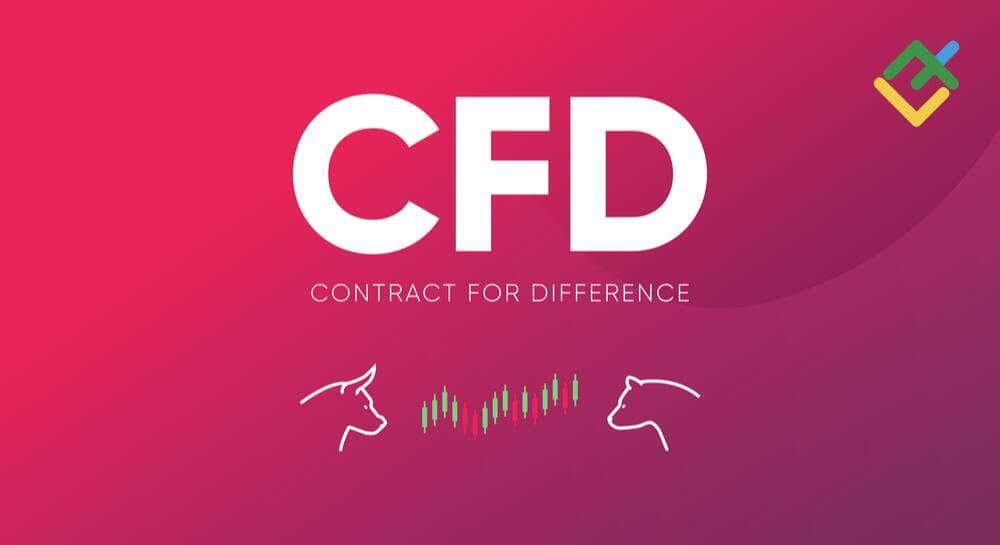Contracts for Difference (CFDs) have gained significant popularity in the world of trading due to their versatility and ability to trade on a variety of financial instruments. A CFD is a derivative product that allows traders to speculate on the price movements of assets like stocks, commodities, indices, and currencies without actually owning the underlying asset. In essence, what is cfds agreements between the trader and the broker to exchange the difference in the price of an asset between the time the contract is opened and closed.
How Do CFDs Work?
The basic concept behind a cfds is relatively straightforward. When you enter into a CFD trade, you’re essentially betting on the price movement of an asset. If you think the price will rise, you take a long position (buy), and if you believe the price will fall, you take a short position (sell). The profit or loss is determined by the difference in price from when you open the position to when you close it.
For example, if you open a CFD position on a stock at $50 per share and the price rises to $55, you would make a profit of $5 per share. Conversely, if the price drops, you would incur a loss. Since you’re not buying or selling the underlying asset, your exposure is purely to the price change.
Key Benefits of Trading CFDs
One of the key benefits of CFDs is their flexibility. Traders can speculate on both rising and falling markets, providing opportunities to profit in different market conditions. Additionally, CFDs offer a wide range of markets, including stocks, commodities, forex, and indices, making it easy for traders to diversify their portfolios.
Conclusion
CFDs provide traders with a unique and flexible way to participate in financial markets without owning the underlying assets. They allow speculation on price movements in various asset classes, offering opportunities for both rising and falling markets. However, like all forms of trading, CFDs come with inherent risks, so it’s essential for traders to have a thorough understanding and risk management strategy when engaging in this type of trading.
